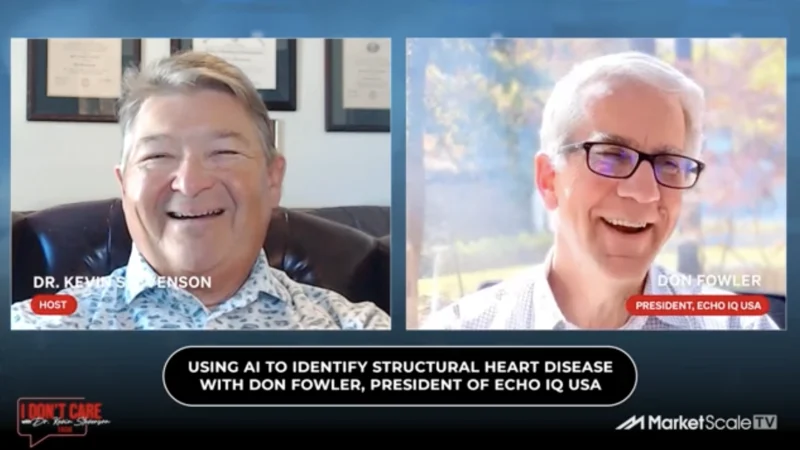The Impact of Healthcare Mentorship on Leadership Development
In this episode of I Don’t Care, host Dr. Kevin Stevenson, FACHE, explores the impact of healthcare mentorship on leadership development through the inspiring journey of Christina Oh, the Greater San Francisco Market President for Sutter Health. As a highly accomplished healthcare executive, Oh shares her unique journey from her early days at Baylor University to her current leadership role in one of the most competitive healthcare markets in the nation.
Throughout the discussion, Oh delves into her experiences in both the for-profit and non-profit sectors, offering valuable insights into the importance of healthcare mentorship, the role of responsible philanthropy in healthcare, and the challenges and rewards of healthcare leadership. Oh highlights the impact of healthcare mentorship as she reflects on the guidance she received from her mentors and the strategies she employs to develop future leaders within her organization.
In addition to her personal journey, Oh discusses the transition from for-profit to non-profit healthcare, emphasizing the significant role of community benefit programs and philanthropy in driving impactful healthcare initiatives. She also touches on the importance of curiosity in leadership, recounting a recent experience where taking a step back and embracing a curious mindset led to better decision-making and team engagement. This episode provides an in-depth look at the career of a dynamic leader who continues to make significant contributions to the healthcare field, mainly through the impact of healthcare mentorship on leadership development.
Article by MarketScale




